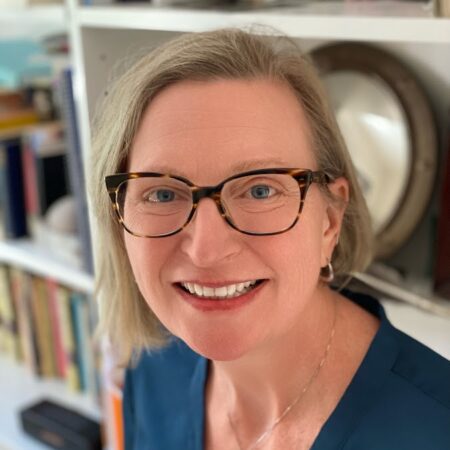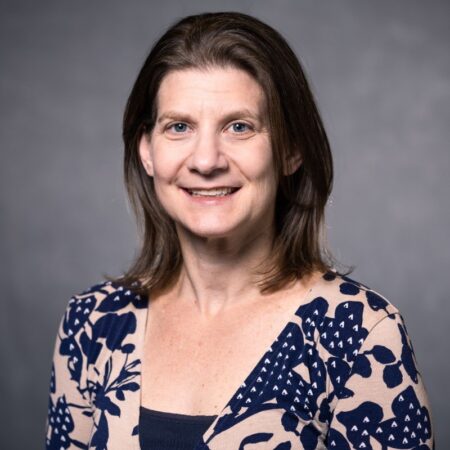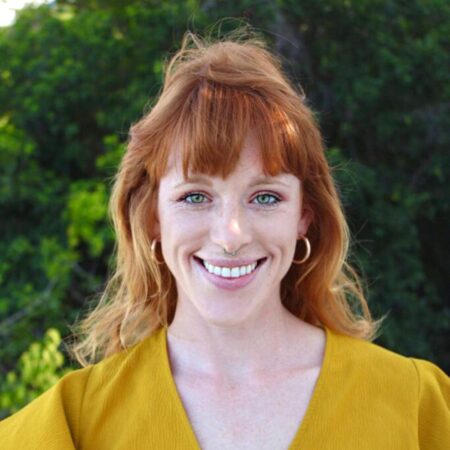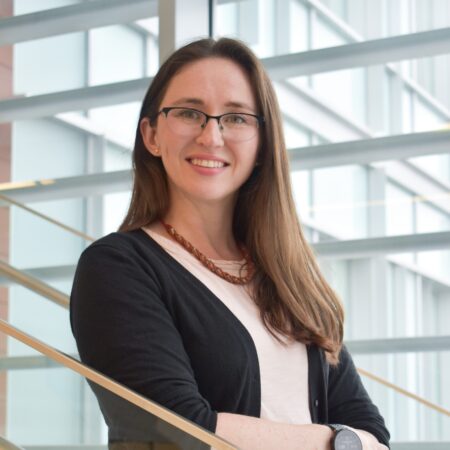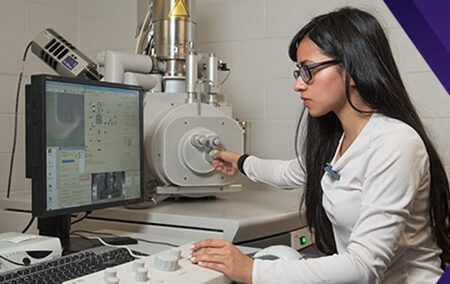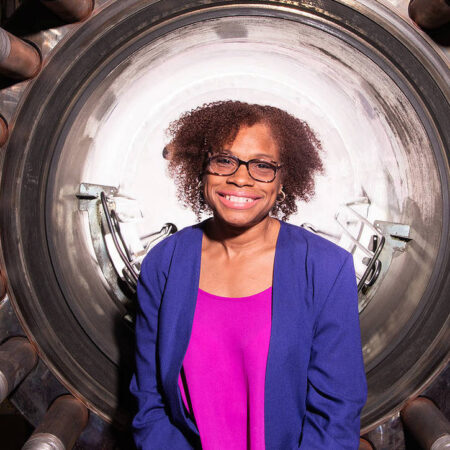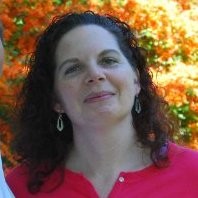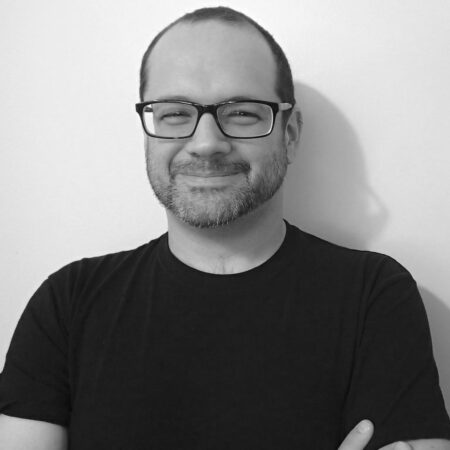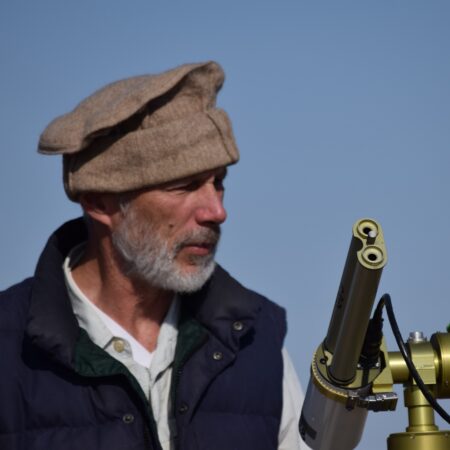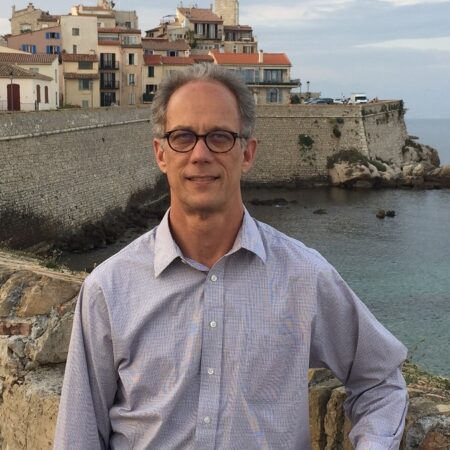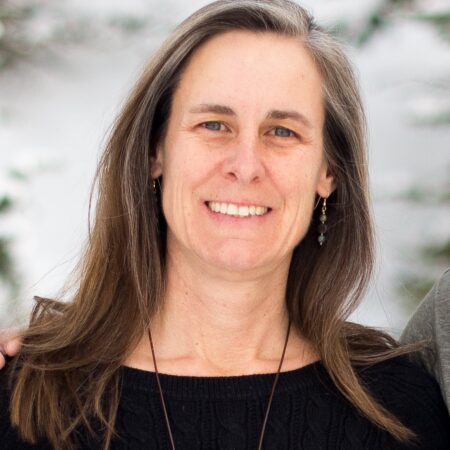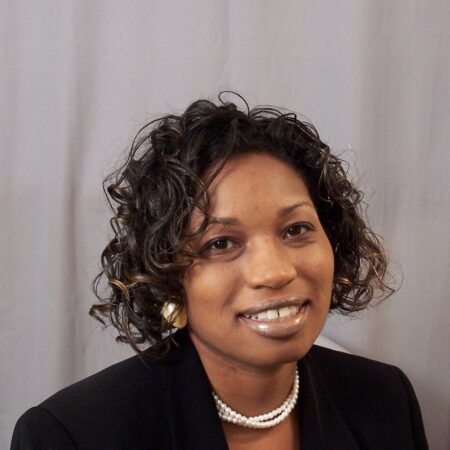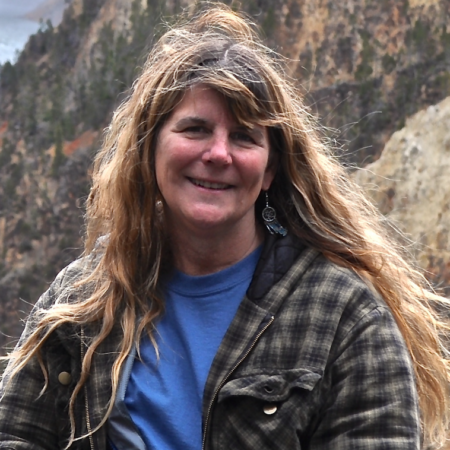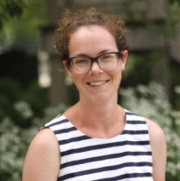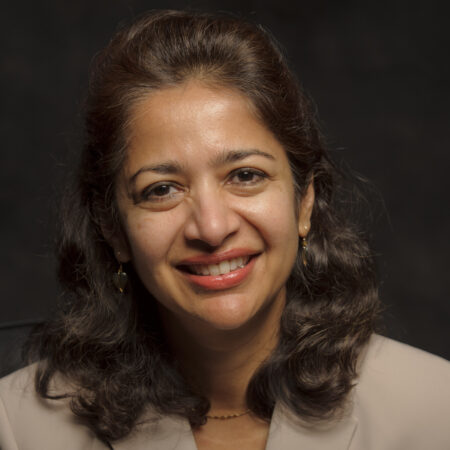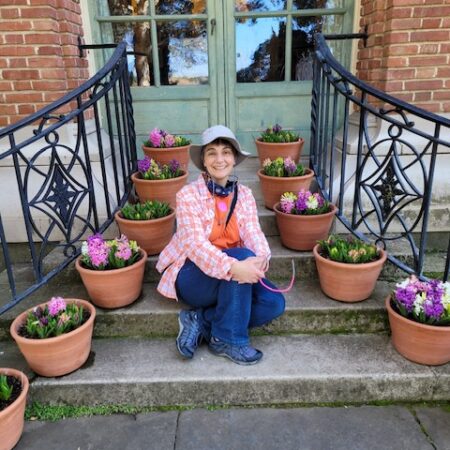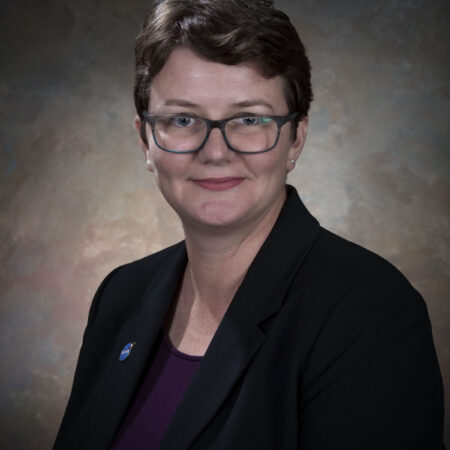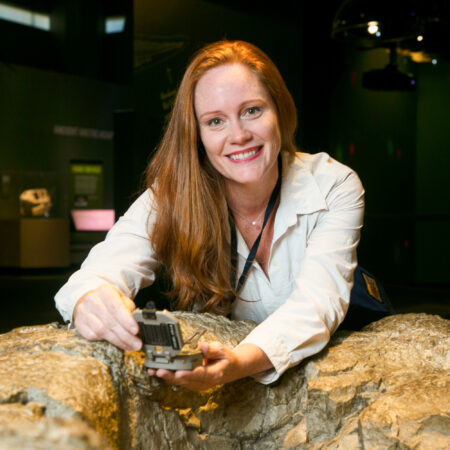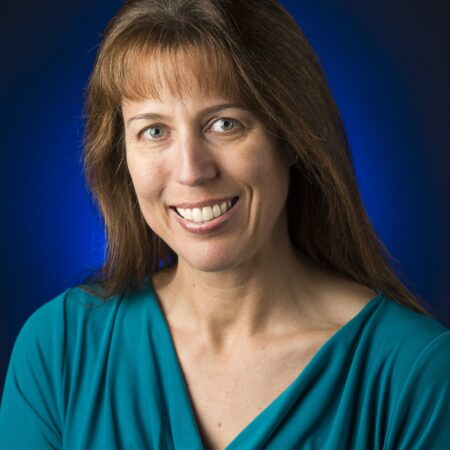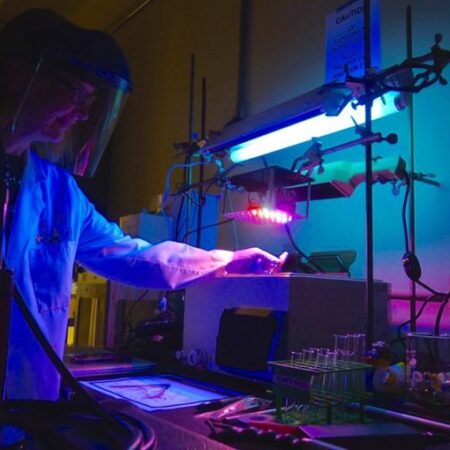Refine
Date Range Clear
Recorded by Clear
Keywords Clear
Partnerships Clear
- No matching terms.
Organizations Clear
Places Clear
- AGU 2018 Fall Meeting 15
- Washington DC 15
- AGU 2019 Fall Meeting 10
- San Francisco 9
- Bay Area 8
- 29 more
Languages Clear
Initiatives Clear
- No matching terms.
Nina Fefferman is a professor at the University of Tennessee in Knoxville in the departments of Mathematics and Ecology & Evolutionary Biology, where she is also the director of the National Institute for Mathematical and Biological Synthesis. In her varied...
Julia DeMarines is a graduate student at the University of California at Berkeley in the Earth and Planetary Science department, an educator at the Mentoring Academy, a National Geographic Explorer, and a science communicator who runs a space comedy event...
Dr. Chelle Gentemann is the Open Science Program scientist in NASA’s Office of the Chief Science Data Officer. In this role, she works to understand the impact, and development assessments, of NASA’s strategy for Open Science. She recently sat down...
Allison Leidner is a program manager for Energy and Infrastructure applications at NASA’s Earth Science Division where she helps inform and connect decision-makers with the science behind renewable energy and climate resilient infrastructure. A conservation biologist by training, Allison recently...
Allison Holevoet is a Mangrove Restoration Coordinator with the University of the Virgin Islands for the SEAS Islands Alliance and works with GRROE (Growing, Research, Restoration, Outreach, and Education) US Virgin Islands Mangroves which, on top of post-hurricane restoration projects,...
Ashley Greeley is a research scientist in the Heliophysics Division at NASA’s Goddard Space Flight Center where she studies particles trapped in the magnetic field surrounding Earth. She sits down with us to talk about overcoming imposter syndrome, building innovative...
Priya Ghosh is an astrophysicist, nuclear engineer, and a postdoctoral researcher at NASA Goddard Space Flight Center. There she builds and develops radiation detectors to detect neutrons and gamma rays, and also studies and analyzes cosmic ray data to better...
As the Deputy Program Manager for NASA’s Radioisotope Power Systems Program at Glenn Research Center, Concha Reid leads a team overseeing and monitoring devices that heat and give power to NASA space projects, such as the recent Orion spacecraft for...
Allison Pierson, Executive Director for Whitesbog Preservation Trust is interviewed by Kiyomi Locker about her tenure at Whitesbog, where she details the history of the historic site, farming of blueberries and cranberries, as well as the impact of female scientist...
As an associate professor of Earth & Environmental Sciences and volcanologist at Denison University, Erik Klemetti works on volcanoes all over the planet, from Chile to New Zealand to the Cascades of Oregon and California. His research focusses on how...
With over thirty-years of experience in aerosol research as a Project Leader on NASA’s AERONET program, retired NASA scientist Brent Holben knows his way around those finer details. Now three-months into his retirement, Brent walks us through his adventurous world-trotting...
When Christa Peters-Lidard cold-called the head of NASA’s hydrology lab as an undergrad, she wasn’t thinking she’d eventually land that very position. Now as the Acting Director for Sciences and Exploration at NASA’s Goddard Space Flight Center, Christa oversees several...
Growing up in Chicago, Gary Jedlovec dreamed of running his own weather station and becoming the next great TV weather forecaster. However, that all changed when he discovered meteorological research. Now well into his career as the Chief of the...
When it comes to data archiving, Michele Thornton has you covered. As a Geospatial Data Professional for ORNL-DAAC, Michele ensures that NASA funded research is accessible not only to researchers out in the field but to a larger user community...
Trena Ferrell’s story with NASA all started with an email requesting an in class visit for her students. Now as a Public Outreach Lead for NASA, she sits down with us to talk about the importance of STEAM (emphasis on...
Dorian Janney is a science communicator for NASA asking the big question: how do we make science accessible? Sparked into Earth Space Science through her son’s curiosity with space, we talk to Dorian on how her journey as an educator...
Alicia Hoffman is a graduate student at the University of Wisconsin - Madison. She is studying air quality and how to model the chemistry that impacts our air, using the Community Multi-scale Air Quality Model — developed by the Environmental...
Hi everyone! This video below is a zoom recording from an interview a peer and I conducted for a college philosophy project. We used several philosophical theories based on morality in this interview. The person we interviewed is a great...
Although she works as a specialist in space biology, Dr. Sharmila Bhattacharya says communication is key when it comes to driving change with your work and advancing your career. Learn more about how she got her start in science, from...
Dr. Laura Iraci is a research scientist in the Earth Sciences Division at NASA Ames, where she leads a group focusing on air and where human pollution goes. In this interview, we discuss her early interest in high school chemistry...
Renee Weber is the Chief Scientist at NASA’s Marshall Space Flight Center, which basically means she represents all science at the center- pretty cool if you ask us! We talked to Renee about the importance of seismology, building personal relationships...
Dr. Wendy Bohon is an earthquake geologist and the Senior Science Communication Specialist for the Incorporated Research Institutions for Seismology, or IRIS for short (not the IRS). But how did she end up there if she went to school for...
Kelly Fast basically works in a sci-fi movie- she works in the Planetary Defense Coordination Office at NASA, which means she finds asteroids before they hit Earth. And while she hasn’t had to deflect any asteroids yet, she’s been involved...
A big part of Mónica Feliú-Mójer’s life mission is to help use science communication as a tool for equity and inclusion, and she has certainly achieved this working with two non-profits called Ciencia Puerto Rico and iBiology. Mónica has spent...
Listen in as NASA biologist Niki Parenteau describes her science journey from farmer's daughter to studying life forms in the lab and mentoring students, to designing biology experiments for astronomers searching for life outside Earth's solar system.
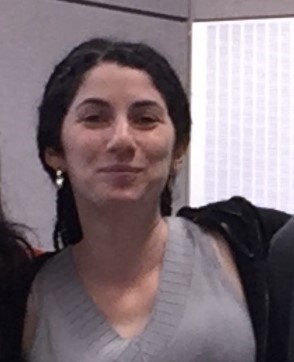
![“I'm proud my…perseverance of curiosity has gotten me to be [with] people who talk about life in the universe.” Interview w/ Julia DeMarines](https://archive.storycorps.org/uploads/2023/12/65835f3c1a41a__DeMarines_headshot-450x450.jpg)
